Hearing that your insurance claim got rejected can hit you hard. You spend years paying premiums, then you see “Insurance Claim Rejected,” and it leaves you stressed and confused about your next steps. But a rejection doesn’t always mean it’s over. It gives you an opportunity to figure out what went wrong and see if you can change the outcome.
When it comes to Florida—with its complicated insurance policies and frequent property damage—it is always better to be prepared. Most people fail to realize that denials come down to technical reasons, not merit. Knowing those technical reasons and what to do about them could change things substantially.
Why Do Insurance Claim Rejections Happen?
Insurance companies deny claims for many common reasons, some of which you can avoid:
- Policy exclusions: Some types of damage—such as deteriorating, lack of maintenance, and mold—are either typically not covered or have exclusions. Adjusters commonly use these reasons to deny a claim.
- Documentation issues: Without clear pictures, receipts, or documentation, insurers will think you have a seller’s remorse claim vs. an insurance claim. If the evidence is weak or missing, your claim is more likely to be rejected.
- Time limits: Each policy has time limits for filing. If the paperwork is not filed in a timely manner, insurers can deny your claim on these grounds.
- Dispute on cause of damage: Insurance companies claim there was pre-existing damage or that the damage was not abrupt and sudden. For example, insurers may claim a roof leak was caused by aging rather than storm damage.
- Lowball estimates: Although claims are not denied, the insurer is purposely withholding funds by lowballing the estimate for the repair work—far below the cost of what it actually takes to repair a loss. You see this regularly in roof claims and storm damage claims.
Realizing these insurance claim denial reasons helps you spot these red flags early on, which may help you appeal successfully.
What to Do If Your Claim Is Denied
1. Read the Denial Letter Carefully
First, don’t freak out. Take the insurer’s denial explanation, read it carefully, and highlight the exact reason—was it something excluded in the policy, missing documents, or a dispute over the cause of damage? Then build your appeal strategy on that.
2. Collect Strong Evidence
You will have plenty of evidence: photos, videos, receipts, professional assessments, and repair quotes. Strong documentation does a lot to turn weak arguments around and is often what really gets insurance companies to reconsider.
3. Review Policy Coverage
The insurer might not have explained some of the coverage you have, like deductible protection, loss of use benefits, or extra add-ons. Read the insurance contract closely.
4. File an appeal or reopen the claim
Most insurers allow appeals or reopening of claims when new evidence comes to light. Do not let your insurer assume the case is closed.
5. Get Expert Help
Sometimes an appeal is still not enough—you need additional expert support. No matter if the damage to your property was from a storm, fire, roof damage, or water damage, understanding the legalities and processes is vital.
How Many Florida Homeowners Succeed?
Surprisingly, a lot of denied claims are reversed when properly challenged. A public adjuster or claims specialist can often recover much more than the property owner anticipated—by challenging denials based on minor technicalities, underestimates, or misunderstandings of policy terms.
In Florida, where storm and water damage are unfortunately common, having someone who understands insurance company denial tactics can make the difference between coming out of pocket for repairs or an equitable insurance settlement.
Understanding Your Rights and Options
You have the right to:
- Request a complete evaluation of your policy and claims file
- Request to appeal denials based on the deadlines in your policy
- Submit new evidence after being rejected
- Engage professionals and have them negotiate and advocate for you
Keep in mind: insurance is a business. While some denials may be justified, many are based on technicalities, policy wording, or missed procedures—not on an actual lack of coverage.
Moving Forward After Rejection
If you find yourself in a situation where your claim has been denied or underpaid—don’t worry, even if you feel boxed in—there is still a way forward:
- Strengthen and review the documentation
- Submit a clear and detailed appeal
- Get third-party help to carry the fight
- Keep track of timelines and maintain materials of all communication
Ideally, an appeal should be based on sound evidence, submitted at the right time, and pursued with persistence. Don’t take the first “no” as the final answer!
Conclusion: Regain Control with Trusted Support
Just because your claim was denied does not mean that you are defeated. Knowing how you can interpret a denial and meaningfully respond can help you turn a frustrating experience into a fair one. This is one reason many homeowners in Florida turn to Property Damage Claims Experts.
They have taken it a step further and handled tougher denials and boilerplate insurance language, but most importantly, they advocate for their policyholders no matter if the insurance company is attempting to deny true damage using an unfair or invalid reason to do so. Feeling overwhelmed is normal, but remember that you are not on your own and your rights matter. If your claim seems stuck or mishandled, there are still ways to address it. There are real individuals out there who want to assist you in finding a path forward.


